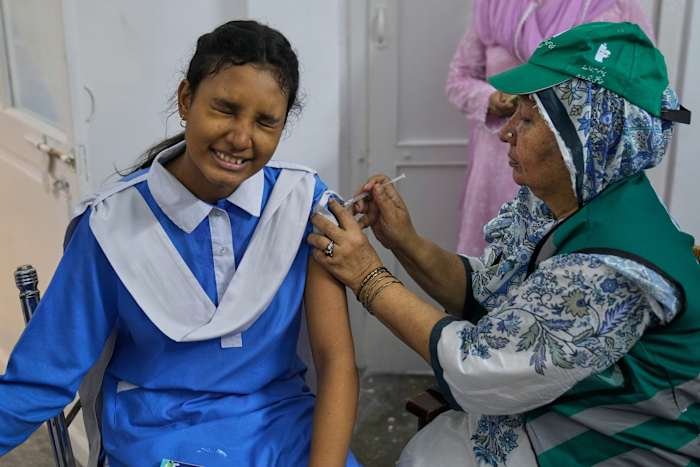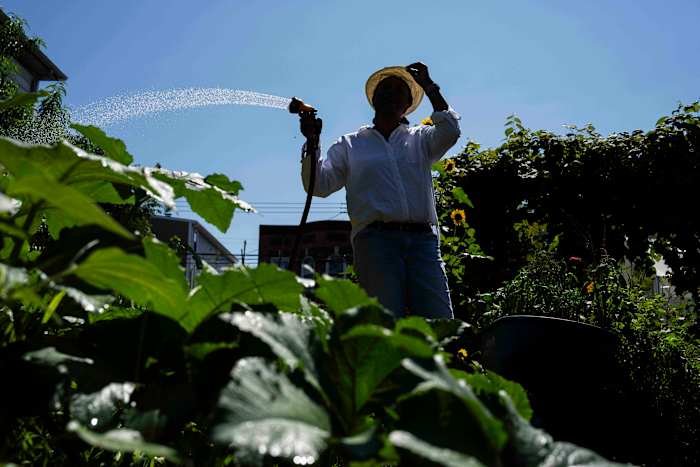Pakistan has made headlines worldwide by successfully vaccinating about 9 million adolescent girls against the human papillomavirus (HPV), the primary cause of cervical cancer. This enormous public health campaign comes in the face of considerable online backlash and misinformation, showcasing the country’s determination to protect its young population. For readers in Orlando, the story offers important lessons about global health, vaccine hesitancy, and the interconnected nature of disease prevention efforts.
Understanding the HPV Vaccine and Its Global Importance
The HPV vaccine is a powerful tool in the fight against cervical cancer, a disease that claims hundreds of thousands of lives each year, predominantly in low- and middle-income countries. By immunizing girls before they are exposed to the virus, health authorities can dramatically reduce the future risk of cervical cancer.
In the United States, including here in Orlando, the HPV vaccine has been part of routine immunization schedules for over a decade. The Centers for Disease Control and Prevention (CDC) recommends the vaccine for preteens, ideally at ages 11 or 12, but it can be administered as early as age 9. Despite its proven safety and effectiveness, vaccination rates still lag behind targets in some communities due to misinformation and hesitancy—issues mirrored in Pakistan’s recent campaign.
Pushing Through Setbacks: Pakistan’s National Vaccination Drive
Paksitan’s campaign, launched by the Ministry of Health, aimed to reach millions of girls in schools and community clinics. The drive was not without challenges; early stages were marred by rumors and skepticism spread rapidly through social media. Claims ranged from doubts about the vaccine’s safety to unfounded fears about its impact on fertility.
Health officials responded decisively, deploying teams to educate parents, teachers, and community leaders about the science behind the vaccine and its importance for women’s health. According to the health minister, these efforts paid off: nearly 9 million girls have now been immunized, far surpassing initial projections. This success is a testament to the power of public engagement and transparent communication in overcoming vaccine hesitancy.
The Role of Social Media: Challenge and Opportunity
Social media platforms can be a double-edged sword in public health initiatives. While they provide a means to quickly disseminate accurate information, they can also amplify skepticism and false claims. In Pakistan, anti-vaccine posts and videos went viral, raising concerns among parents and communities.
Pakistan’s experience echoes similar trends in the United States, including Orlando. Misinformation about vaccines, whether related to HPV, COVID-19, or other diseases, continues to circulate online. Local health experts urge Orlando parents to consult trusted sources like the CDC, the American Academy of Pediatrics, and their own healthcare providers when making vaccination decisions. The Pakistani campaign demonstrates the necessity of proactive digital outreach to combat misinformation and build public trust.
Why This Matters for Orlando: A Global Health Perspective
While Pakistan’s campaign may seem distant, its lessons are highly relevant to Orlando residents. First, HPV and cervical cancer remain significant health concerns in Florida. According to the Florida Department of Health, thousands of new cases of cervical cancer are diagnosed each year statewide—many of which could be prevented through vaccination.
Second, Orlando is home to a diverse international community, including immigrants from South Asia. Public health successes abroad can inspire local outreach and inform strategies for engaging multicultural populations. The Pakistani campaign highlights the importance of culturally sensitive education and community involvement—approaches that are increasingly used by local health departments and clinics to boost vaccine confidence.
Finally, the story underscores our interconnectedness in a globalized world. Diseases do not respect borders, and public health advances in one country can have ripple effects across the globe. Orlando’s own experiences with vaccine drives, from flu shots to COVID-19 boosters, are part of a shared international effort to protect communities from preventable diseases.
Looking Forward: What Orlando Can Learn
Pakistan’s achievement offers several takeaways for Orlando and other U.S. cities:
- Community Engagement Works: Involving parents, teachers, and local leaders is crucial for building support for vaccination programs.
- Combating Misinformation Requires Proactive Effort: Health authorities must use both online and offline channels to provide clear, accurate information and to address concerns directly.
- Vaccination Saves Lives: The HPV vaccine is safe, effective, and crucial for preventing cervical cancer. Increasing uptake among eligible Orlando youth remains a vital public health goal.
Local organizations and healthcare providers can draw inspiration from Pakistan’s campaign to strengthen their own outreach, particularly in communities where vaccine hesitancy remains a barrier. By working together and learning from global examples, Orlando can continue to build a healthier, more informed community.
Conclusion
Pakistan’s bold effort to vaccinate nearly 9 million adolescent girls against cervical cancer stands as a remarkable achievement in the face of adversity. For Orlando residents, it’s a reminder of the shared challenges and opportunities that define public health in a connected world. As we continue to strive for higher vaccination rates and better health outcomes in our own community, let’s celebrate global successes and learn from them.
What are your thoughts on vaccine campaigns and public health outreach? Have you or your family benefited from the HPV vaccine? Share your experiences and opinions in the comments below — your voice matters in the conversation about community health!
















